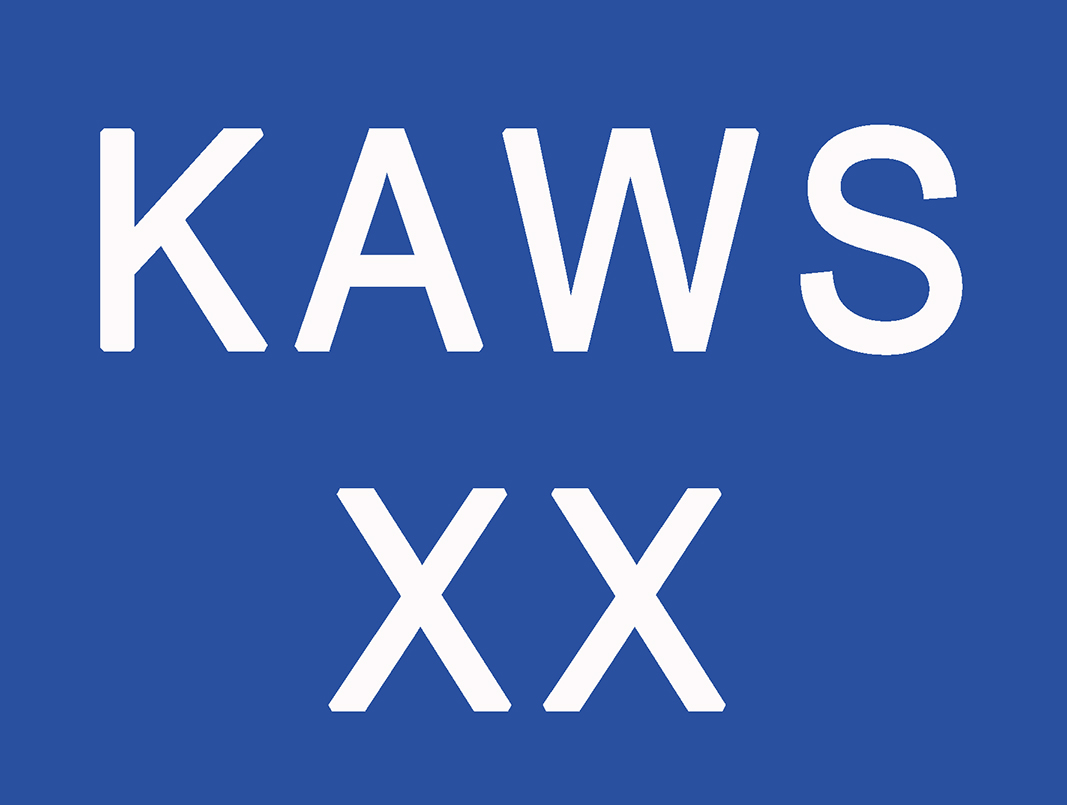Over more than twenty years, the artist Brian Donnelly, professionally known as KAWS, has become one of the world’s most popular contemporary artists. He is primarily known for creating distinctive characters throughout his work, portraying them through paintings, sculptures, and merchandise. His characters are mostly humanoid figures with strange, skeletal faces that some describe as resembling Mickey Mouse. His most famous character is the figure called Companion. These characters have become incredibly lucrative because, on top of his artworks, KAWS licenses his creations to be put on clothing and made into collectible figurines. So, if you don’t have a spare $14.7 million w/p to buy the KAWS Album like one Sotheby’s Hong Kong buyer in 2019, you can get a shirt or a figurine for a couple of bucks on Amazon. But when you agree to commercialize your work, there’s always the chance that people will copy it without your permission. That’s exactly what happened to KAWS, and consequently, he’s been awarded $900K by a New York court, according to multiple news sources.
KAWS spends around $40K per year on tracking down counterfeits of his works and removing them from the market. This precaution paid off when he found several online retailers selling merchandise and art using his images. The defendant is a Singapore-based operation producing “custom hand-reworked reproductions”. These companies received a cease-and-desist letter from KAWS in 2020. When that didn’t do anything, KAWS filed a lawsuit in New York the following year, with accusations of counterfeiting and trademark infringement. According to American copyright law, a court can award up to $2 million in damages for every counterfeited marking on an item. Since these companies produced nine product categories (plush dolls, vinyl figurines, ashtrays, skateboards, canvases, posters, sculptures, rugs, and neon lights), KAWS and his legal team were asking for the maximum amount in each case. With nine types of products and two counterfeited marks per product, KAWS asked for $36 million from the court. Instead of $4 million per type of product, the court awarded KAWS $100K per type, adding up to $900K in damages. Though it may not be as much as he had hoped for, KAWS still won a significant victory allowing him and other artists to pursue legal cases against counterfeiters and forgers.

